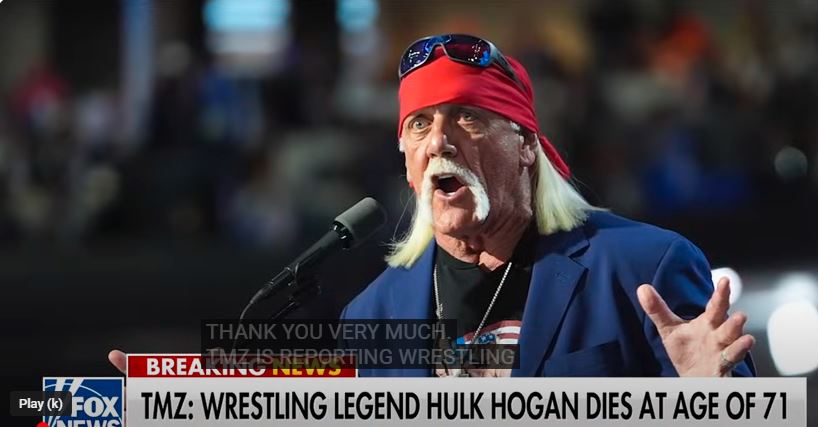Terry Bollea, famously known to the world as Hulk Hogan, passed away at the age of 71. The WWE confirmed his death on Thursday, and according to initial reports from TMZ, he suffered cardiac arrest at his home in Florida. He leaves behind his wife Sky Daily, his two children Brooke and Nick, and millions of fans who grew up idolizing the man who brought larger-than-life energy to wrestling rings across the globe.
For those who didn’t live through the Hulkamania era, it’s hard to describe the phenomenon. Hogan wasn’t just a wrestler — he was a cultural juggernaut. Below is a snapshot of his remarkable life and career:
| Hulk Hogan: Key Highlights | Details |
|---|---|
| Real Name | Terry Eugene Bollea |
| Date of Death | July 24, 2025 (Age 71) |
| Iconic Catchphrase | “Whatcha gonna do when Hulkamania runs wild on you?” |
| WWE Debut | Early 1980s |
| Most Famous Match | WrestleMania III vs. Andre the Giant (1987) |
| Cultural Crossover | Movies (Rocky III, Mr. Nanny), TV (Hogan Knows Best) |
| Recent Ventures | Real American Beer, Real American Freestyle Wrestling |
| Controversies | Steroid trials, racial slur scandal, Gawker lawsuit |
| More About Hogan’s Legacy | Biography on Britannica |
Hogan’s rise to superstardom wasn’t overnight. His wrestling journey began in the late 1970s, but it was in the mid-80s when he joined Vince McMahon’s vision to transform what was then a regional promotion into a national powerhouse. Hogan wasn’t just along for the ride — he was the driver, the fuel, and the engine. Clad in red and yellow, flexing his muscles and feeding off crowd chants, he made professional wrestling feel like a revolution.
His iconic entrance music “Real American” signaled more than a match — it was a call to excitement, to unity, to spectacle. Kids idolized him. Adults respected his showmanship. And fans everywhere dubbed themselves Hulkamaniacs, living by the mantra of training, saying prayers, and eating vitamins.
WrestleMania III in 1987 remains the defining moment of his in-ring career. The body slam heard ‘round the world — when Hogan hoisted the seemingly immovable Andre the Giant before pinning him — became wrestling lore. Over 93,000 fans packed into the Pontiac Silverdome, witnessing a moment that symbolized not just victory, but the spirit of sports entertainment itself.
Hogan’s initial WWE run stretched into the mid-1990s, but as times changed, so did he. When he jumped ship to Ted Turner’s WCW, it was considered a gamble. For a while, it didn’t pay off. Hogan’s good-guy persona felt stale. But then came the twist: in 1996, Hogan shocked the world by turning heel for the first time in over a decade. He ditched the bright colors for black and white and formed the notorious New World Order (NWO) alongside Scott Hall and Kevin Nash.
This wasn’t just a gimmick. It reshaped the industry. Hogan became Hollywood Hogan, and WCW took over. With edgy storylines and blurred lines between fiction and reality, WCW began to beat WWE in the TV ratings week after week. Wrestling, once again, had Hogan at its center.

When WWE acquired WCW in 2001, Hogan returned the following year, bringing his “Hollywood” character to the WWE stage. His match against The Rock at WrestleMania 18 became an instant classic — a generational face-off between past and future icons. Despite being the heel, the crowd couldn’t help but erupt in cheers for the man who gave them so many memories.
Outside the squared circle, Hogan made his mark in Hollywood and beyond. His first big acting role came in 1982’s Rocky III as Thunderlips, a flamboyant wrestler who takes on Sylvester Stallone’s Rocky Balboa. He starred in family-friendly films like Mr. Nanny and Suburban Commando, and the action series Thunder in Paradise. By the mid-2000s, he opened up his personal life to audiences with the reality show Hogan Knows Best, offering a peek into the highs and lows of being a wrestling legend and family man.
But his journey wasn’t without turbulence.
In 1985, a live TV appearance turned sour when Hogan placed host Richard Belzer in a headlock at his request, causing Belzer to pass out and injure his head. Years later, Hogan found himself embroiled in the federal steroid trials, testifying in the case against Vince McMahon. Then came the infamous Gawker scandal in the 2010s — a leaked sex tape, a lengthy lawsuit, and a courtroom drama that eventually led to a $31 million settlement.
In 2015, another shockwave hit. A second leak revealed Hogan using racist language in private conversations. The backlash was swift and fierce. WWE severed ties, and sponsors distanced themselves. Hogan disappeared from the spotlight for several years, his reputation hanging by a thread. He later apologized, and WWE slowly welcomed him back — though some fans never forgot.
Still, the icon pressed on. In recent years, Hogan reinvented himself once more — not in the ring, but as an entrepreneur. He opened a memorabilia store in Florida, launched Real American Beer, and was working on a freestyle wrestling league with his longtime friend and WCW partner Eric Bischoff.
In a surprising turn, he even waded into politics. During the 2024 U.S. Presidential election, Hogan made headlines by speaking at the Republican National Convention, introducing Donald Trump to a roaring crowd. It was polarizing — just like much of his later life — but it reminded the world that Hogan never shied away from the spotlight.
Hulk Hogan’s wrestling style was often criticized as simplistic, his matches formulaic. But critics missed the point. Wrestling was never just about moves — it was about moments. And no one, arguably ever, created more moments than Hulk Hogan.
He brought charisma, controversy, and conviction. Whether adored or criticized, he stayed relevant across four generations. He packed arenas, shattered pay-per-view records, and inspired legions of wrestlers to follow in his boots.
As the wrestling world mourns his passing, fans are left with memories that shaped their childhoods, defined eras, and made them believe in heroes. Hulk Hogan didn’t just perform. He connected. He inspired. He belonged to the people.
Hulkamania may be over, but its echoes will ring through locker rooms, living rooms, and legends told by future stars.
Because when it comes to Hulk Hogan, one thing will always be true:
The man may be gone — but the legacy runs wild forever.
